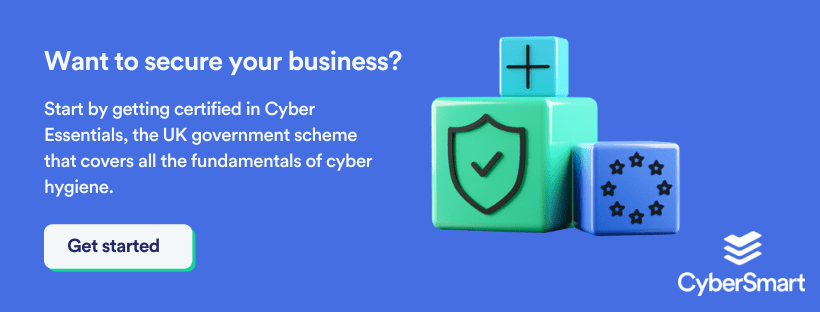The number of cyber attacks have been increasing year on year. So far, 2020 doesn’t look much better.
January proved ominous, with a series of successful cyber attacks on organisations across the globe. Here are just some of the attacks over the first month of 2020:
Royal Yachting Association (RYA)
The UK’s national organisation for the yachting community became aware of a digital attack on 17th January. Online user account data was compromised and as a result, all members of the organisation had to change their passwords immediately.
A statement issued by the RYA said: “On 17 January 2020 we became aware that an unauthorised party accessed and may have acquired a database created in 2015 containing personal data associated with a number of RYA user accounts.
“Our investigation into this matter is ongoing and we have engaged leading data security firms, including forensic specialists, to assist in our investigation.”
Mitsubishi Electric targeted by Chinese hackers
One of Japan’s largest defence and infrastructure groups, Mitsubishi Electric, was also hit by a colossal cyber attack in the first month of this year. The attack was blamed on a Chinese group, who may have gained access to information on government agencies and business partners, as well as the personal data of 8,000 employees and job applicants.
Chief Cabinet Secretary of the group, Yoshihide Suga said in a statement that the Japanese Government was informed, while also confirming that “there is no leak of sensitive information regarding defense equipment and electricity.”
Detroit data breach exposes workers and residents
The email system of Detroit City Government was breached on 16th January. Although less than 10 email accounts were affected, some of the accounts contained sensitive information that could be exploited by cyber criminals. Luckily, most of the email data was encrypted.
The city’s Chief Information Officer, Beth Niblock said: “At this time, there is no evidence – and it is highly unlikely – that any of this personal data was accessed. However, out of an abundance of caution for privacy and security of our employees, the city will be offering credit monitoring services for a period of one year.”
Make a cyber security New Year’s resolution
If your company’s New Years resolutions didn’t include improving cyber security, then these attacks should provide a wake-up call. Being cyber resilient is critical to company health.
A surefire way to prove your house is in order is by achieving cyber security accreditation. The UK National Cyber Security Centre’s cyber essentials or cyber essentials plus accreditation schemes are the best way to do this.








